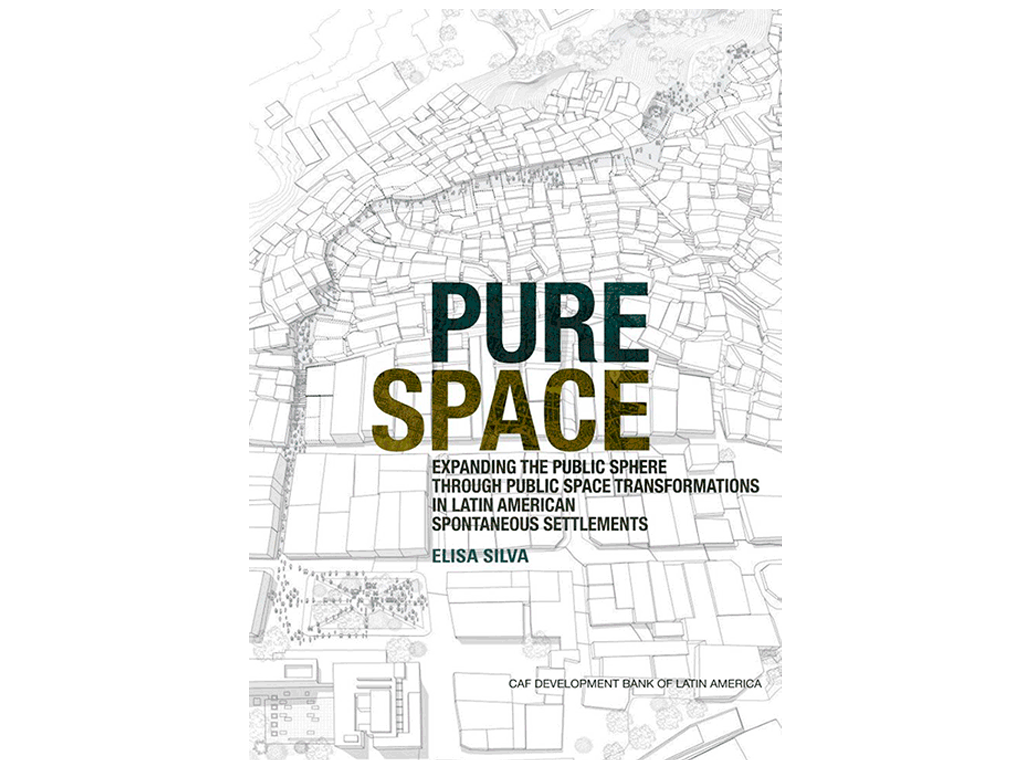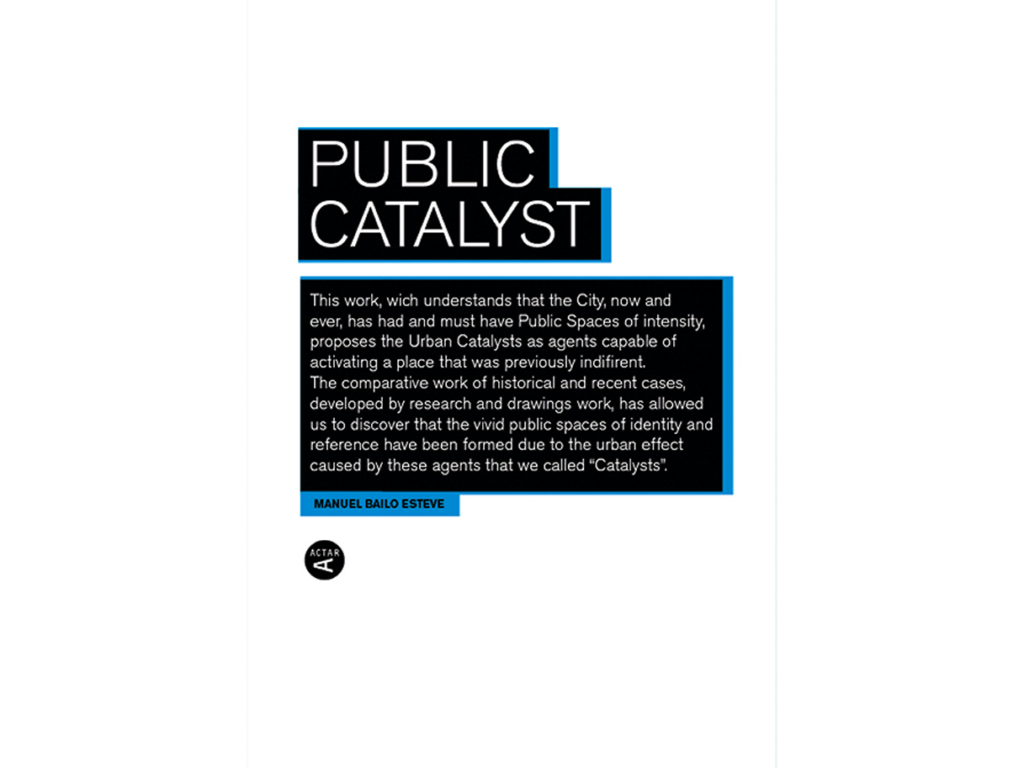Public space is the catalyst for a city’s activity and a driving force for the urban milieu. The success of the design of an urban environment depends fundamentally on its capacity to generate public engagement and revitalize urban communities, acting as catalysts.
- Performative Envelopes
- Places of Play
- Affordable Housing
- Unspoiled Landscape
- Placemaking
- Climatic Resilience
- Heritage Integration
- Out of Wood
- Waterfront
- Dystopian
- Urban Agriculture
- Physiological Design
- [Re] Generative
- Biophilic Design
- Urban Mobility
- Vegetated envelopes
- Entropic urbanization
- Post-extractive practices
- Datascapes
- Urban Metabolism
- Posthuman
- Advanced Urbanism
- Empowering Women
- Inhabiting Landscape
- Meteorological Urbanism
- Constructing Timber
- Educational Habitats
- Urban Greening
- Textile Architecture
- Self-Sufficiency
- Socio-Ecological Design
- Modular Design
- Vernacular Design
- Negotiating Borders
- Transport Connections
- Unhoused
- Walkable Cities
- Ephemeral Architecture
- Designing for Risk
- Adaptive Reuse
- Algorithmic Design
- Building with Earth
- Dealing with Nature
- Social Inclusion
- Passive Design
- Urban Catalysts
- Geographies of Extraction
- Building Living Systems
- Indigenous Practices
- Healthy City
- Degrowth
- Cycling Infrastructure
- Thermodynamic Systems
- Kinetic City
- Multiscale Approach
- Recycling & Upcycling
- Food Production
- Construction Ecology
- Ecologies of the Envelope
- Green Transition
- Heat Emergency
- Megablock Urbanism
- New Working Habits
- Addressing Vacancy
- Collective Housing
- On Site Robotics
- Co-living
- The 15-Minute City
- Biotech Architecture
- Out of Wood empreses
- Emergency Housing
- Smart City
- Soft Infrastructures
- Sourcing Locally
- Lightweight Envelopes
- Emergent Material Ecologies
- Extraterrestrial
- Alternative Domesticity
- Optimized Construction
- Operative Mapping
- Mute Icons
- Post-pandemic Design
- Waste Management
- Designing in Extreme Environments
- Sea Level Rise
- Architecture and Gender
- Inclusionary & Exclusionary Space
- Agency in Architecture
- Biomimetic Architecture
- Micro Living
- Disassembly Strategies
- De-carbonization
- Racial Justice


